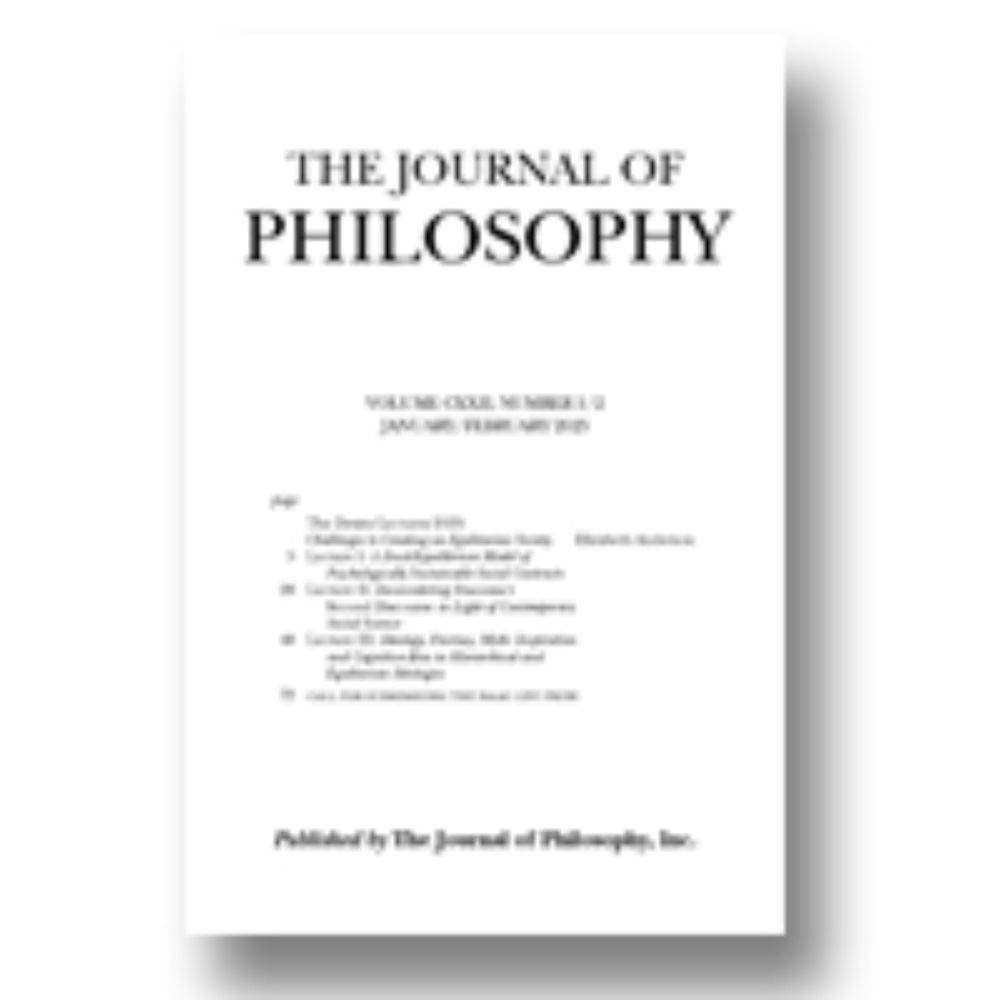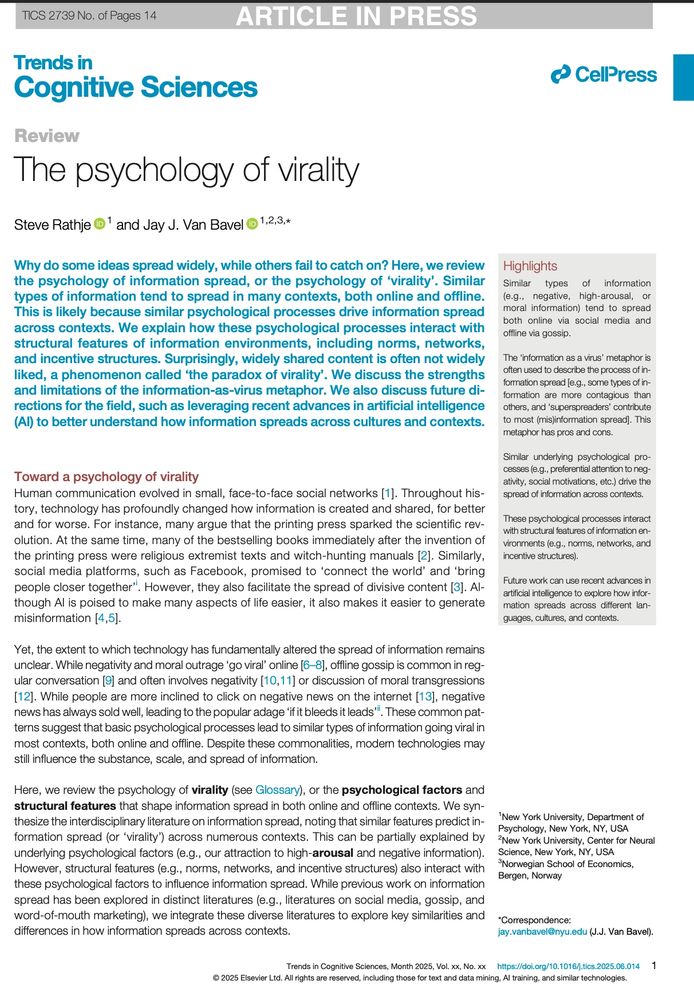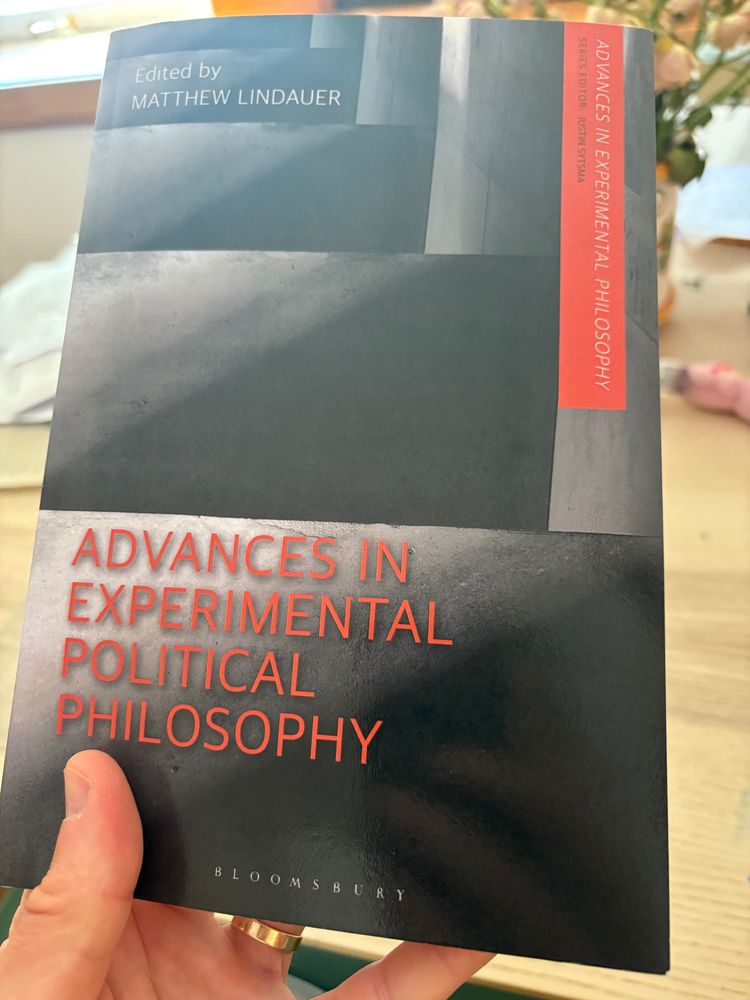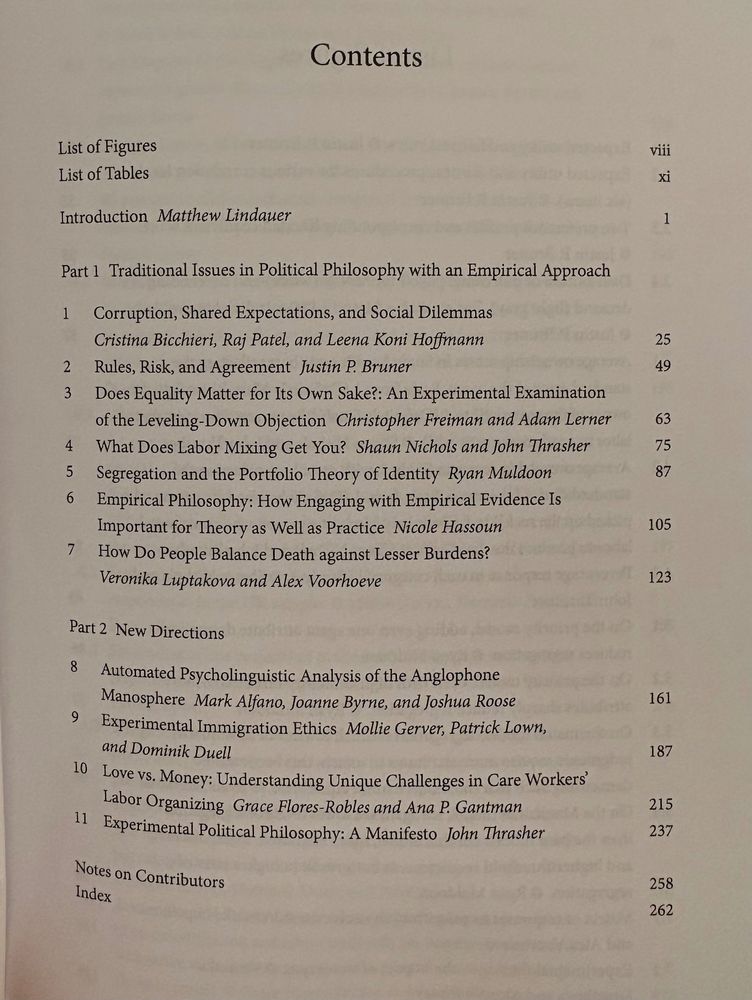ana gantman
@anagantman.bsky.social
1.6K followers
1.5K following
61 posts
associate prof of psychology at brooklyn college & cuny grad center, & assoc prof of phil at cuny grad center; interested in moral psych—how people judge what is right and wrong, and what they do with those judgments
Posts
Media
Videos
Starter Packs
Pinned
Reposted by ana gantman
Reposted by ana gantman
Reposted by ana gantman
Reposted by ana gantman
Reposted by ana gantman
Reposted by ana gantman
Caro Flores
@floresophize.bsky.social
· Jul 29

Resistant Beliefs, Responsive Believers - Volume 122, Issue 4, April 2025
Beliefs can be resistant to evidence. Nonetheless, the orthodox view in epistemology analyzes beliefs as evidence-responsive attitudes. I address this tension by deploying analytical tools on capaciti...
www.pdcnet.org
ana gantman
@anagantman.bsky.social
· Jul 28
Reposted by ana gantman
Reposted by ana gantman
Reposted by ana gantman
ana gantman
@anagantman.bsky.social
· May 15
ana gantman
@anagantman.bsky.social
· May 15
ana gantman
@anagantman.bsky.social
· May 15
ana gantman
@anagantman.bsky.social
· May 15

















